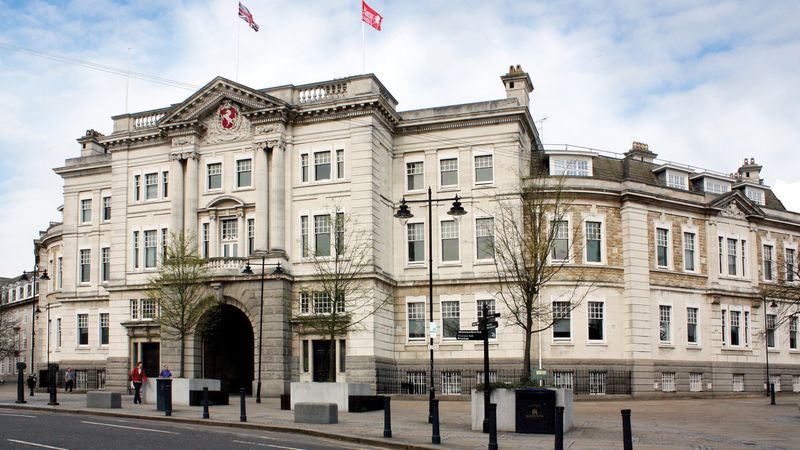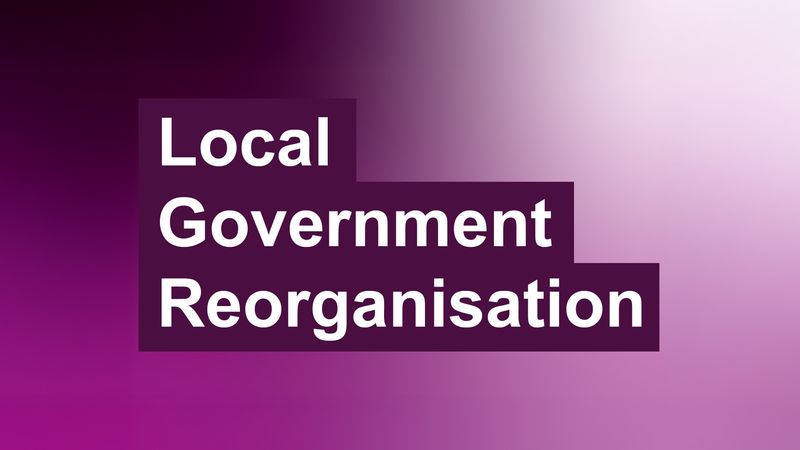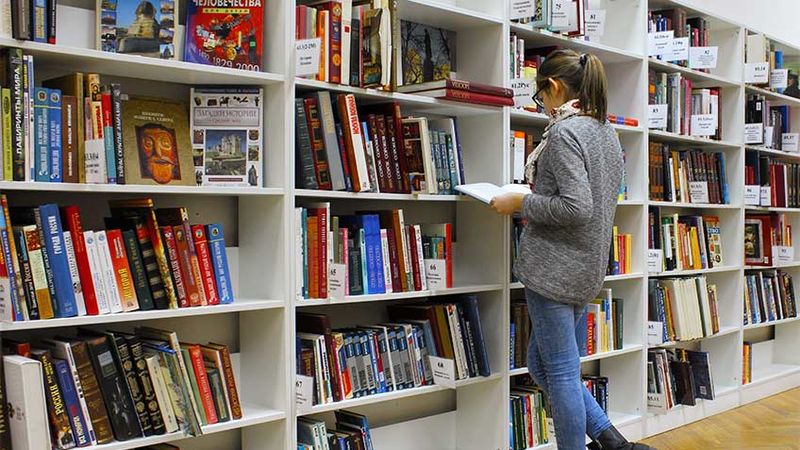The budget, which includes a 4.995% rise in Council Tax to protect and prioritise vital services to the most vulnerable people in Kent, was approved by the full Council by 51 votes to 17.
The new rate is the equivalent of £1.40 a week increase for a typical band D household and 2% of the rise in council tax is ringfenced specifically for adult social care services.
The budget takes into account a £217m rise in the cost of services, fuelled by inflation, market conditions and additional demands on council services from population demographic changes and complexity of need, along with the need to save £55m over the next financial year from spending reductions and increased income to balance the budget.
At today’s meeting the Leader of KCC, Roger Gough, told members that this year’s budget is set in the context of extraordinary global and national economic circumstances, which have had a significant impact on public spending and borrowing and have hugely impacted local spending. Inflation continues to be the highest it has been for nearly 40 years.
The 2023-24 budget has to include both the recurring impact of the extraordinary inflation seen in 2022 and forecast higher inflation rates than the government 2% target into next year, with no indication that prices will fall back to pre-2022 levels soon.

“We have a narrow path to tread. There are some very tough choices this year and some very big challenges for the years ahead.”
Roger Gough said "These are incredibly tough times. Even with the proposed council tax increase, our funding is going up by less than inflation, ultimately making tough savings decisions inevitable.
"This is a sound budget, but the risks are high and we have to deliver the savings that we have set out.
"A year ago, when we set our budget, a fortnight later came the Russian invasion of Ukraine. Like the oil shock of 50 years ago, it came on top of inflation that was already rising and accelerated it steeply. We see its effects, not only in our revenue but in our capital budgets.
"And to this must be added other pressures, such as Adult Social Care, where we have seen much greater complexity, the consequences of lockdown, sharply rising costs reflecting staff shortages, the strains on providers and the costs of short-term beds linked to hospital discharge.
"In school transport, we have seen both increased numbers of children being transported, especially in SEND transport, and again sharply rising costs of fuel, labour and other costs, that are affecting the transport sector.
"In Children’s Social Care we have a proud record of the right support in the right place, keeping the number of children in care safely at low and stable levels. Now numbers have increased somewhat, though not dramatically, while the costs of fostering and specialist placements have risen sharply.
"Taking all that into consideration, in spite of a good autumn statement, far better than the sector expected on the basis of historical experience, we are still left with tough choices this year and big challenges for the medium-term, in particular from 2025-26 when public spending is set to slow and social care reform is projected to be renewed.
"Today we lay the foundations to set budgets on a sustainable path. Through our Strategic Reset Programme we will deliver change and transformation in the key areas of pressure that I have described. Our joint work with the NHS will mean that together we will seek to get off the treadmill of increasing demand for more intensive and acute services, combining our resources and getting better care for the Kent pound.
"And we have to protect and enhance our role as a strategic authority for the county - and that is where the devolution agenda comes in, to which we will return in future.
"So, we have a narrow path to tread. There are some very tough choices this year and some very big challenges for the years ahead.”
The most significant pressures include:
- £23m increase in residential and nursing care costs for older people in our care – up by 41% from last year.
- An increase of £19m in home to school transport costs, up by 38% from last year, due to rising demand in addition to the fuel price hike and driver shortages. We currently provide transport for 13,200 children compared to 12,100 last year.
- A £12m (13%) rise in the cost of looking after children in our care – due to the increased numbers of children needing our care and lack of in house foster carers, and the need to rely more heavily on independent foster agencies
KCC is planning to invest significant amounts in a number of services to protect them as much as possible, despite the financial challenge it faces:
- £556m – for providing social care to adults and older people
- £304m – for supporting children and young people
- £88m – for waste and recycling
- £76m – for maintaining roads, improving communities and keeping them safe, regeneration, protecting and improving the environment and tackling climate change
Given the financial pressures that KCC is facing, the council has continued to lobby central government for further funding. As a result, KCC is currently bidding for funding to support its 10-year £1,624m Major Capital Programme. A significant proportion of the capital programme is already funded by secured grants from government departments, particularly Department for Education (DfE) and Department for Transport (DfT). The programme includes the following investment breakdown:
- £1bn on Highways, Waste and Transport improvements
- £411m on school places and improvement
- £110m on modernisation and improvement of assets
The authority is looking at every opportunity to drive forward more efficient ways of working to deliver services. It has already made savings and income of £820m over the last 12 years, which includes £263m efficiency savings.
Savings proposals for 2023-34 include:
- A review of a range of adults and children’s services to reduce costs
- Holding vacancies and avoiding non-essential spend
- More partnership working with health partners to share costs
- Increasing waste material segregation to enable greater recycling, some of which attracts income or reduces costs of disposal.
Joining up services, reorganising the way they are delivered and maximising the Council’s spending power requires a sweeping review of community services which will make sure that KCC provides what residents need as efficiently, effectively, and sustainably as possible.
In previous budget consultations the overwhelming majority of respondents said KCC should review and reduce the number of separate buildings which the council operates from. A Community Services Consultation on which council buildings we need and how we use them is currently underway, but we cannot rely on savings in 2023-24 from this programme in advance of that consultation.
A total of 10 amendments to the draft budget were proposed including an alternative budget from the Labour group. None of the amendments were passed.

“Setting the forthcoming year’s budget is the most challenging it has ever been.”
The budget was proposed by Deputy Leader and Cabinet Member for Finance, Corporate and Traded Services Peter Oakford, who said "Setting the forthcoming year’s budget is the most challenging it has ever been. This is due to ever more increasing demands for, and the cost of, providing council services.
"This is as true of the Council’s budget as it is for the rest of the public sector, and indeed overall public spending. The one difference for KCC, as a local authority, is that we must set a balanced budget, with forecast spending and income for the year managed within the financial resources available, be they from central government grants or the amounts raised through local taxation.
"The draft revenue budget for 2023-24 includes £216.8m of forecast spending increases. This represents an increase of 18.2% on the net budget for 2022-23. The £101.5m shortfall, between increased spending and increased funding has to be closed from savings, income and reserves. £39.1m is proposed to come from a range of transformation, efficiency, policy and financing savings as set out in the draft budget. The proposed budget also includes £15.6m of increases in income generated from council services, as well as increased dividends from trading companies.
"Sadly, while fully understanding the impact on Kent’s residents, we are in a situation where, to ensure the continuance of delivery of statutory services, we are having to increase council tax. Unfortunately, this does not negate the need to make difficult savings or reduce some areas of the services KCC provides; we are also having to increase charges for some of our services. These have been extremely difficult and tough decisions for everyone involved in the process.
"I do not believe there is a single councillor in this chamber today who wants to increase the level of local taxation in the current economic climate. We totally understand the pressures that residents of Kent are facing, but unfortunately we have to make the difficult decision and include this increase or would need to make further, substantial reductions to the services KCC provides."
Further information
A link to a recording of the budget meeting will be available as a webcast in the coming days.
Read more about the 10 year capital programme, and how the budget is approved on our budget pages.
For more information or to arrange interviews please contact lucy.mayor@kent.gov.uk or jo.godden@kent.gov.uk




